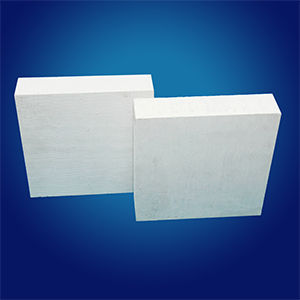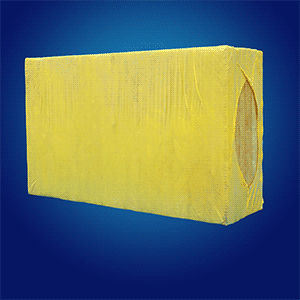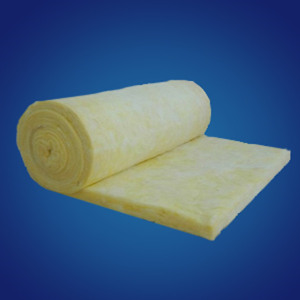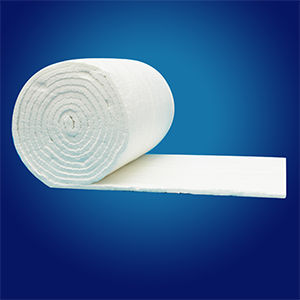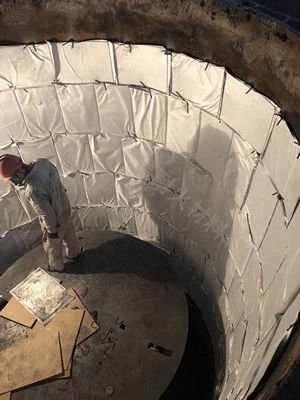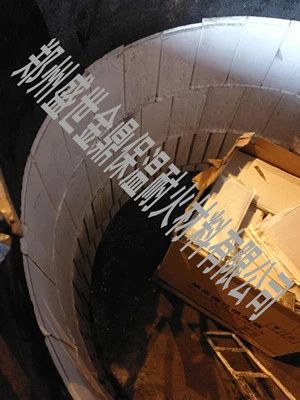
If you have any need for our products, please contact us in time
Contact Us
ROSEWOOL Nano Insulation Board
Posted by:Yolanda Date:19.Sep.2019
With the advancement of science and technology, nano-insulation boards have appeared on the market. The nano-insulation board mainly uses light, inorganic nano-materials and ceramic fibers with extremely low thermal conductivity as raw materials, and aluminum foil with high reflectivity as the bottom material, and adopts single-layer composite structure through continuous coating to form a pressing baking process.
The nano-insulation board currently on the market is divided into three types: alumina, silica and titania. Among them, alumina nano-insulation board and silicon oxide nano-insulation board are more common in the market, which can basically meet the needs of customers, while titanium oxide nano-insulation board is rare because of high cost and high price.
If nano-insulation panels are used, nano-insulation panels perform better at high temperatures than other insulation materials and have extremely low thermal conductivity. The thermal conductivity is only 0.04 W/(m.k) at a high temperature of 800 °C. At present, nano-insulation panels are classified into three types according to working temperature: 950 ° C, 1050 ° C, and 1100 ° C. Can meet different operating temperature requirements. Safe and healthy. The nano-insulation board is made of pure inorganic material with stable chemical properties and no toxic substances released during work to ensure the health of workers.
Energy saving and environmental protection. The nano-insulation board has good insulation performance. Compared with other insulation materials, the use of nano-insulation board can reduce the thickness of the ladle insulation layer and increase the loading volume. The low thermal conductivity ensures more heat for metal smelting, reduces heat dissipation, reduces energy consumption and reduces production costs. The temperature of the outer wall of the ladle can also be lowered to improve the working environment of the factory.
Nano insulation board application areas:
Metallurgy: ladle, ladle, tundish, converter, torpedo
Machinery: industrial furnace, electric furnace, furnace door, furnace cover
Automotive: engine heat shield, catalytic exhaust pipe
Petrochemical: cracking furnace, reforming furnace, heating furnace
Electricity: boilers, steam turbines, pipelines
Building materials: ceramic furnace, rotary furnace


